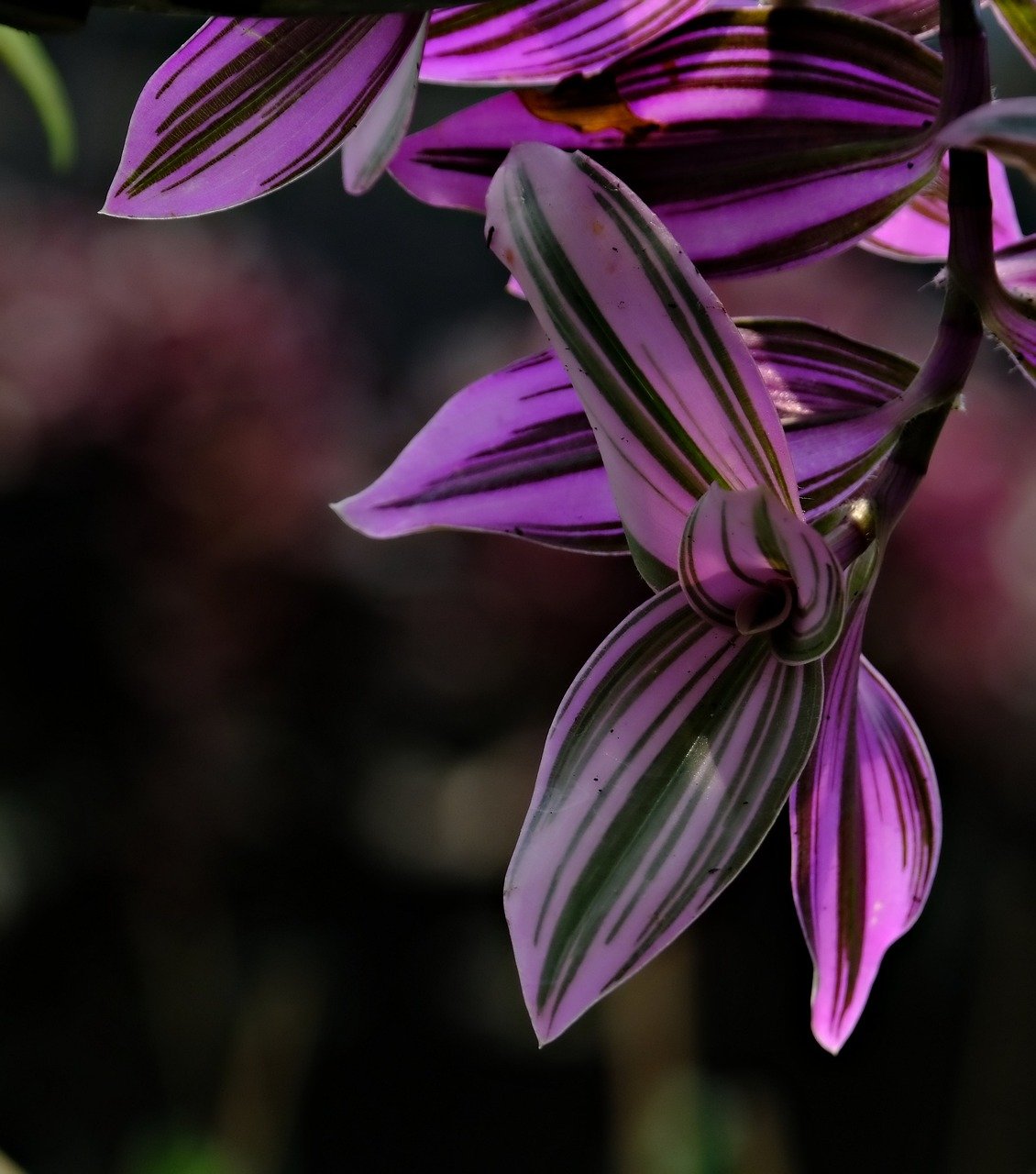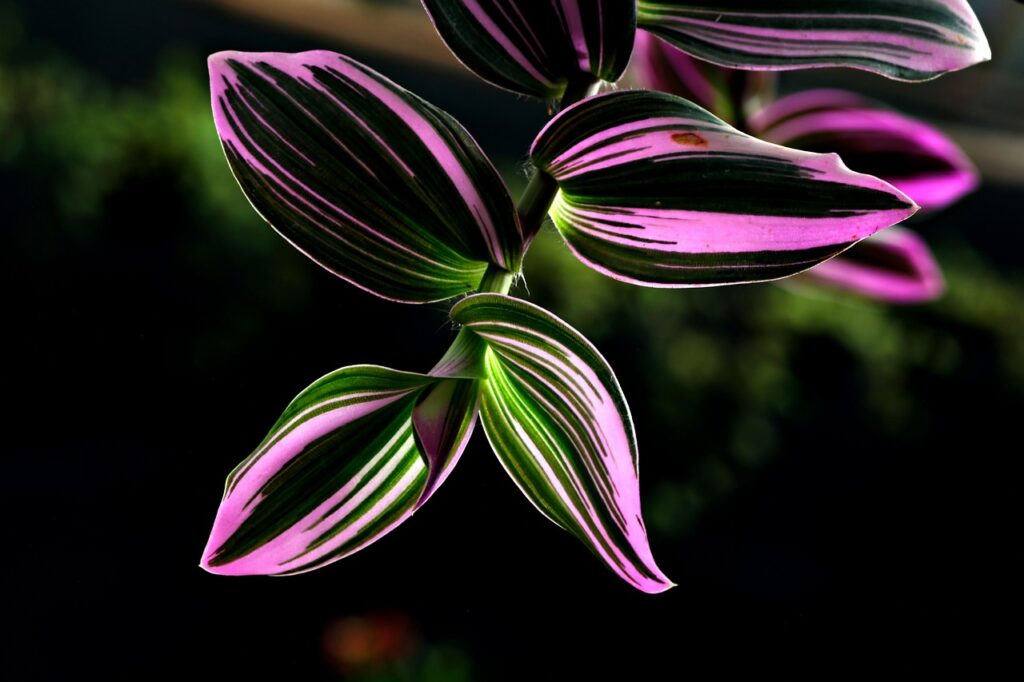The “Jew plant,” also known as Soleirolia soleirolii, is a small, perennial ground cover plant often referred to as baby tears or mind-your-own-business. It features tiny, round leaves and thrives in humid environments, making it popular in terrariums and as a houseplant.
Significance of the Jew Plant:
- Ornamental Value: Its lush, green foliage adds a decorative touch to indoor spaces and gardens, providing a vibrant ground cover.
- Air Purification: Like many houseplants, it can help improve indoor air quality by absorbing toxins and releasing oxygen.
- Low Maintenance: It requires minimal care, making it suitable for beginners or those who prefer low-maintenance plants.
- Cultural Associations: The name “Jew plant” is believed to stem from historical cultural connections, but it’s worth noting that some find this name problematic due to its potential for misinterpretation or offense. It’s advisable to use alternative names like “baby tears.”
- Ecological Role: In its natural habitat, it contributes to soil stabilization and provides a habitat for various small creatures.
When considering this plant, it’s essential to be mindful of its common name and to approach it with sensitivity regarding cultural implications.
Growing a Jew plant (Soleirolia soleirolii) is relatively easy, and it thrives in the right conditions. Here are some steps to help you cultivate it successfully:
1. Light
- Indirect Light: Keep the plant in an area with ample bright, indirect lighting. It can tolerate low light but may become leggy. Avoid direct sunlight, which can scorch the leaves.
2. Soil
- Well-Draining Soil: Use a light, well-draining potting mix. A mixture designed for houseplants or a combination of peat, perlite, and potting soil works well.
3. Watering
- Keep Moist: Water regularly to keep the soil consistently moist but not soggy. Overwatering can lead to root rot, so ensure the pot has drainage holes.
4. Humidity
- High Humidity: The Jew plant prefers humid conditions. If the air is dry, consider misting the leaves or placing a humidifier nearby.
5. Temperature
- Moderate Temperatures: It thrives in temperatures between 60°F and 75°F (15°C to 24°C). Avoid cold drafts and extreme temperature changes.
6. Fertilizing
- Regular Feeding: Throughout the growing season (spring and summer), use a balanced liquid fertilizer every 4 to 6 weeks. Reduce feeding in the fall and winter.
7. Pruning
- Encourage Growth: Trim back any leggy or overgrown stems to encourage bushier growth. This also helps maintain a neat appearance.
8. Propagation
- Easily Propagated: You can propagate Jew plants by taking cuttings and placing them in water or directly in soil. Ensure they have enough moisture to root.
9. Pest Control
- Watch for Pests: Stay alert for common pests like spider mites and aphids. If you spot them, treat with insecticidal soap or neem oil.
When deciding where to place a Jew plant (Soleirolia soleirolii) at home or in the office, consider the following locations to ensure it thrives:
Home
- Bright, Indirect Light Areas:
- Near windows that receive filtered sunlight is ideal. A north or east-facing window works well.
- Humidity-Rich Areas:
- Bathrooms or kitchens are great spots due to their natural humidity. Just ensure they get enough light.
- Terrariums:
- Jew plants are perfect for terrariums, where you can maintain humidity and provide a decorative touch.
- Shelves or Tables:
- A decorative shelf or coffee table can showcase the plant while keeping it out of direct sun.
- Plant Stands:
- Use a plant stand to elevate the plant, allowing for better light exposure and visibility.
Office
- Desk:
- Place it on your desk to brighten up your workspace. Ensure it receives adequate indirect light from nearby windows.
- Break Rooms:
- Common areas where humidity is higher can be good spots, provided there’s some light.
- Near Windows:
- A spot close to a window with filtered light can help keep the plant healthy and vibrant.
- Shelving Units:
- Adding the plant to a shelf or bookcase adds greenery without taking up desk space.
- Shared Spaces:
- Consider placing it in a communal area to enhance the overall atmosphere of the office.
Tips:
- Avoid Drafts: Keep the plant away from cold drafts or heat sources like radiators.
- Monitor Light: If you notice the plant stretching towards the light, it may need more exposure.
- Rotate Regularly: Turn the pot occasionally to ensure even growth on all sides.
By selecting the right locations, you can help your Jew plant thrive and enhance the aesthetic of your home or office! And by following these guidelines, you should be able to successfully grow and maintain a healthy Jew plant! Happy Gardening!!


